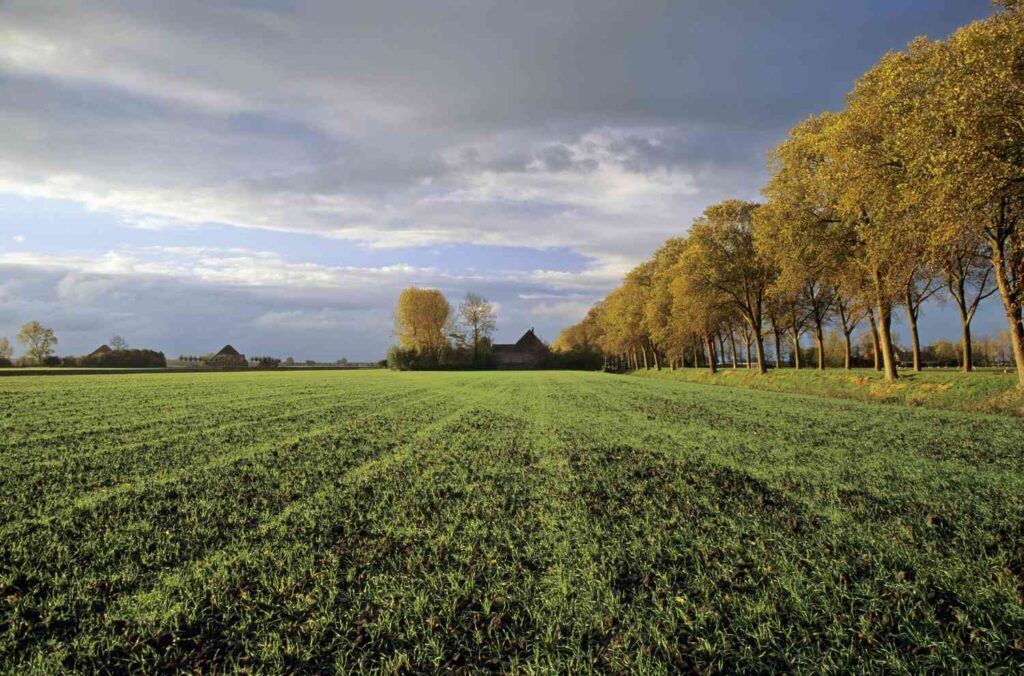
There’s this story I like to tell. A few years ago, a man named Mr. Oke bought a plot of land in the outskirts of Lagos. He was excited, had big plans, and even started fencing. One day, a woman showed up with a folder full of documents. She claimed ownership.
Long story short, Mr. Oke hadn’t registered the land properly. What followed was a court battle, wasted money, and dreams on hold.
Land ownership in Lagos is serious business. And knowing how to navigate the land registration process isn’t just helpful—it’s necessary. This article explains everything you need to know about the Land Registration Process in Lagos: How to Register Your Land Legally, broken down into ten key parts, using simple language and real-life insight.
1. Why Land Registration Matters in Lagos
Let’s begin with why this process even matters. Land registration is not just about formality; it’s about protection. Lagos is one of Nigeria’s fastest-growing urban zones. The value of land appreciates quickly, which naturally attracts disputes.
When you register land, you’re telling the government, “This is mine.” You’re also making sure nobody else can say the same without evidence. It becomes your legal shield against ‘Omo Onile’ threats, impersonators, or future buyers of the same land. Beyond security, registration allows you to use the property as collateral, lease it officially, or sell it without problems.
2. Understanding the Legal Framework of Land in Lagos
Everything around land registration in Lagos is based on the Land Use Act of 1978. Under this law, all land in a state belongs to the government, held in trust by the Governor. So when you “buy land,” you’re really acquiring the right to occupy and use it.
There are two main categories: Customary ownership and Statutory ownership. Customary ownership happens in local or family settings. Statutory ownership is recognized by the government—what most investors and developers aim for. That’s where the registration process comes in.
3. First Step: Conduct a Proper Land Search
Before you ever pay for land, do a land search. I can’t stress this enough.
The search involves going to the Lagos State Land Registry (Alausa, Ikeja), and verifying who owns the land, if it’s already registered, or if there are legal encumbrances (like court cases or mortgages).
Some people skip this and rely on verbal assurances from sellers or agents. That’s a fast track to tears. A proper search can be done through a lawyer or directly at the land registry. It might take a few days, but it’s worth it.
4. Documents You Must Collect Before Registration
After confirming that the land is safe to buy, and you’ve made payment, you should collect key documents from the seller.
These include:
A Receipt of Purchase
A Contract of Sale
A Deed of Assignment (transferring ownership from seller to buyer)
Survey Plan (clearly showing land location and size)
Sometimes, an Excision Document or a Gazette if the land was once under community ownership.
These documents are the backbone of your registration. If anything is missing, the process could stall or even be rejected by the government.
5. Engage a Registered Surveyor
In Lagos, the government takes the survey of land very seriously. A poorly done or unverified survey is a red flag.
So, after purchase, hire a licensed Lagos State surveyor to prepare a professional survey plan. This document will map the exact coordinates of your land and ensure it doesn’t overlap with government acquisitions or other properties.
Once the survey is drawn, it should be lodged at the Surveyor General’s office for authentication. Without this step, you won’t even get past the first stages of registration.
6. The Governor’s Consent: A Mandatory Milestone
Here’s the big one—Governor’s Consent. Under the Land Use Act, once land changes hands (from one private individual to another), the new owner must get the approval of the Governor to validate the transaction.
You apply through the Lands Bureau, attaching your Deed of Assignment, survey, and supporting documents. The Governor’s Consent is like a final signature that says: “Yes, the government recognizes you as the new owner.”
It’s not cheap. Fees vary depending on the location and value of the land, but the peace of mind it brings is priceless.
7. Stamp Duties and Registration Fees
After getting the Governor’s Consent, the next step is Stamp Duty payment and the registration of your deed at the Land Registry.
Stamp duties are paid to the Federal Inland Revenue Service (FIRS), and it’s a tax placed on the legal documents. Once that’s done, your Deed is taken back to the registry to be officially recorded.
When the registry accepts it, they’ll endorse the Deed with a registration number. At that moment, your land becomes fully registered under Lagos law.
8. Common Mistakes That Delay Registration
Let’s talk about avoidable mistakes. Many landowners get stuck because of:
Incomplete or forged documents
Surveys not authenticated by the Surveyor General’s office
Use of unqualified lawyers or quack surveyors
Buying family land without a signed family resolution
Overlapping land (especially in rural edges of Lagos)
Most of these mistakes are tied to rushing or cutting corners. When dealing with property worth millions, it’s better to take your time and spend wisely.
9. Cost Breakdown: What You Should Expect
People often ask, “How much does it cost to register land in Lagos?”
Well, there’s no fixed price. It depends on the location, size of the land, and current market value. But here’s a general idea:
Survey plan: ₦150,000–₦500,000 (based on land size and location)
Legal fees: Around 5% of land value
Governor’s Consent: About 8% of land value (can go higher)
Stamp duty and registration fees: Variable, sometimes combined with consent fees
In total, you might spend an extra 10%–15% of the land price on registration. That’s not small money, but it’s a wise investment.
10. Final Thoughts: Peace of Mind is Priceless
Back to Mr. Oke. After his court case, he bought another plot—but this time, he followed the legal process. Today, the land is not just his on paper—it’s his by law. No one can contest it. And when he’s ready to build, rent, or sell, the process will be smooth.
The Land Registration Process in Lagos: How to Register Your Land Legally is not a quick one, but it is the right one. Whether you’re buying for residential use, investment, or to build for future generations, don’t leave it to chance. Register your land.
Because in Lagos, if it’s not registered, it’s not really yours.
If you need help navigating the registration process or verifying land before you buy, I’m just a call away. My name is Dennis, your reliable Lagos realtor who doesn’t just sell properties—I help people sleep well at night.
